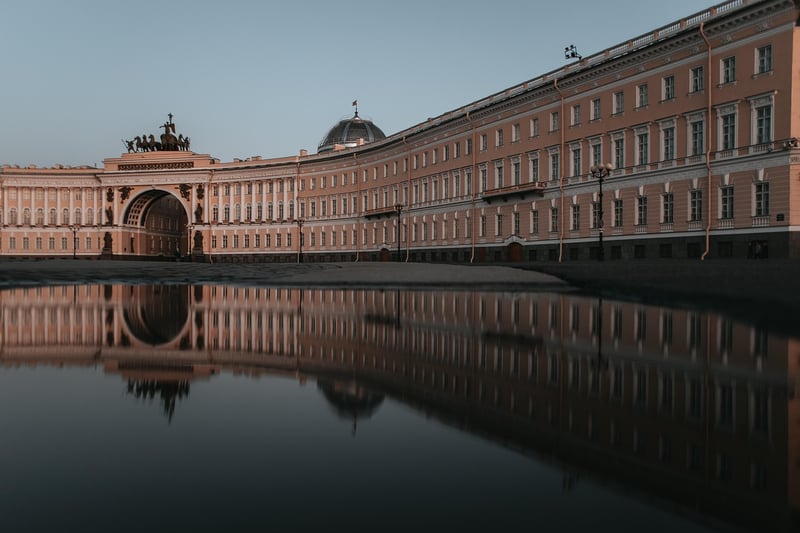Changing History
The Impact of Ethical Considerations on Changing History
In the realm of history, ethical considerations play a crucial role in shaping the narratives that define our past. When contemplating the alteration of historical records or the reevaluation of long-held beliefs, it is essential to approach such endeavors with a sense of responsibility and integrity.
Understanding Ethical Considerations
Ethical considerations in historical research encompass various facets, including:
- Accuracy: Ensuring that information presented is truthful and supported by evidence.
- Objectivity: Striving to maintain impartiality and avoid biases that could skew interpretations.
- Respect: Respecting the individuals and cultures being studied, especially when addressing sensitive or controversial topics.
- Transparency: Clearly stating sources, methodologies, and any potential conflicts of interest.
The Power of Changing History
History is not a static entity but a dynamic field influenced by ongoing discoveries, evolving perspectives, and societal changes. By reevaluating historical events through a contemporary ethical lens, it becomes possible to:
- Challenge Misconceptions: Correcting inaccuracies and myths that have persisted over time.
- Give Voice to the Marginalized: Highlighting perspectives and experiences that have been overlooked or suppressed.
- Promote Understanding: Encouraging empathy and awareness of diverse historical narratives.
- Foster Accountability: Holding individuals and institutions responsible for past injustices.
Striking a Balance
While the reevaluation of history is essential for progress and inclusivity, it also raises complex ethical dilemmas. Balancing the need for truth and justice with the preservation of cultural heritage and historical integrity requires careful navigation.
Ultimately, by approaching the task of changing history with ethical considerations at the forefront, we can strive to create a more nuanced, inclusive, and accurate portrayal of the past that resonates with present and future generations.

Image source: Pixabay
